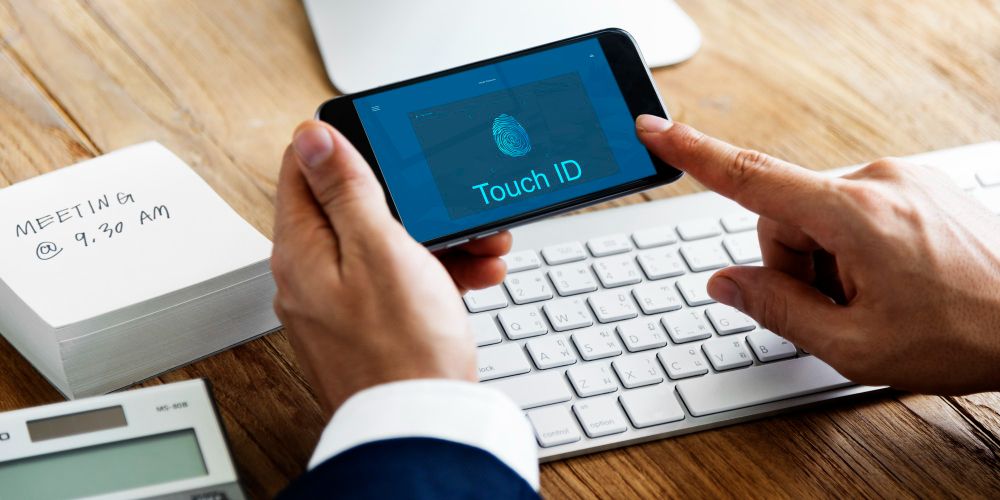Blockchain technology has a broad potential that goes beyond the cryptocurrency market fluctuations. As a mechanism that supports Bitcoin, it provides various applications in supply chains, financial services, and the public sector.
The technology is useful in helping to facilitate efficient transactions while preventing fraud and hacking. It operates on a secure digital network that keeps records and verifies identities from transactions online.
The various applications of Blockchain technology include:
1. Financial Services
Today, many companies are offering decentralized cryptocurrency exchanges, allowing faster and less expensive transactions. Blockchain-based transactions offer greater control and security of finances, and investors don’t have to use a centralized authority to deposit their assets.
2. Cross-Border Transactions
Many apps for blockchain tech rely on automated transactions, making a smart contract audit crucial for maintaining trust and efficiency.
Blockchain technology facilitates less expensive and faster money transfers than any other method available. It is especially efficient in cross-border transactions, usually slow and quite expensive.
3. Trade Finance

The existing trade finance processes are unreliable and vulnerable as they are analog and lack a trustworthy central authority, hence susceptible to fraud. Blockchain digitizes trade finance by enabling:
- Faster processing
- Lower capital requirements
- Transparent governance
- Reduced risk of fraud
- Reduced complexity and intermediaries
4. Capital Markets
Blockchain technology is being used for trading equity-backed securities in capital markets. It impacts each step of capital market trade processes, with various benefits that change the structure.
5. Digital Voting

The voting process has always been unreliable, but blockchain technology can decentralize it so that it happens securely and with transparency. When personal identity information is held by blockchain, then votes cannot be tampered with, and nobody can vote twice.
6. Lending
Lenders can use blockchain as collateral for loans through smart contracts. This way, one can process loans faster at better rates, which will be less expensive.
7. Insurance
Blockchain Technology provides more transparency by recording all insurance claims. It prevents duplicate claims and speeds up the process of claims disbursement.
8. Real Estate

Recording real estate transactions using blockchain reduces tons of paperwork and provides a more accessible, less costly, fast, and secure means of transferring and verifying ownership.
9. Wills and Inheritances
Blockchain technology prevents tampering of wills by creating smart contracts with digital signatures. It makes the execution of the will and distribution of the assets more convenient using a crypto-will network.
10. Digital IDs

Blockchain makes record keeping more reliable through encryption of personal IDs. It allows one to control their digital data and how different parties use it.
11. Government Benefits
Authorities can use the digital identities stored on the blockchain to administer various government benefits such as social security, welfare programs, and medicare.
Disbursement of funds to beneficiaries via blockchain reduces fraud, operation costs, and delays.
12. Supply Chain Tracking and Logistics
Blockchain technology tracks items through the logistics and supply chain network, thus providing better security and data integrity. It improves communication among the supply chain partners, thus enhancing trust through data accuracy.
13. Artist Royalties
Artists will be paid for their music and films when blockchain technology is used to track their work over the internet. It provides transparency and helps to reduce piracy by ensuring the files do not exist in multiple places.
14. Sharing Medical Information Securely

When medical records are stored on the blockchain, doctors can obtain accurate and current information about their patients. It helps speed up the treatment process by easing access to medical records and ascertaining that the patient is insured.
15. Gambling
Blockchain technology provides transparency to gamblers as every transaction is recorded. Gamblers can go about their games anonymously and without the worry of a government shutdown, as they are on a decentralized network.

